Stories

Reporting Tools & Tips
Here’s Your New Year’s Resolution: Take Digital Security More Seriously in 2020
Just by committing any act of journalism, you are worthy of a data breach. Whether you’re a freelancer or on staff, here are some tips from digital security experts about what you can do to keep yourself safe from attacks.

News & Analysis
The 15 Most Influential Journalism Stories in US History
Historian and journalist Daniel Strieff has compiled a list of the most influential news stories in US history. Among them, investigations that deeply affected the country, from The Jungle to Watergate — but also lots of lesser-known stories.
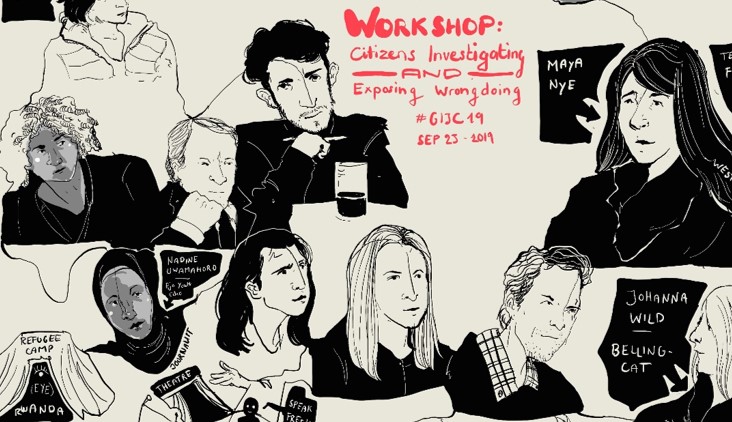
Support Global Muckraking
As democracy and human rights retreat from a growing worldwide assault, increasingly the public looks to independent, watchdog reporters to hold the line on truth and accountability. And those reporters, in turn, depend on GIJN for the latest tools, technology, and training. But we can’t do it without your help…

Case Studies
Engaging Journalism Audiences Through Satire
Satire can make journalism more entertaining and accessible for new audiences. But how can you turn your headline into a punchline? To find out, Amina Boubia from the Open Society Foundations’ Program on Independent Journalism spoke to two veterans of political satire: Isam Uraiqat and Juan Ravell.

Reporting Tools & Tips
Most Popular Resources on GIJN in 2019
GIJN’s ever-growing Resource Center added many new or substantially revamped guides this year, including packages on climate change, land ownership, women journalists, data journalism, tracking planes, and working with whistleblowers.

Data Journalism
GIJN’s Data Journalism Top 10 for 2019: People Are The Story, Pirates vs. Princesses, Open Source Journalism, How Charts Lie, UN Votes
Throughout this year, we’ve brought you weekly “snapshots” of the Twitter conversation surrounding data journalism. But this week, we look at what the global data journalism community tweeted about the most during all of 2019. Below you’ll find links to stories from Brazil, Germany, Switzerland, the UK, the US, and elsewhere.

News & Analysis
Editor’s Pick: 2019’s Best Investigative Stories in Arabic
As part of the GIJN Editor’s Pick series for 2019, here are some of the best works of investigative journalism from the MENA region, as selected by GIJN’s Arabic Editor Majdolin Hasan.

Case Studies How They Did It
How They Did It: Investigating a Country with 2,000 Clandestine Graves
A group of independent reporters and photographers, working in different parts of Mexico, decided to come together and try to answer a fundamental question: Where do the disappeared of the drug war end up? GIJN’s Spanish editor Catalina Lobo-Guerrero spoke with the team of journalists to find out how they did it.
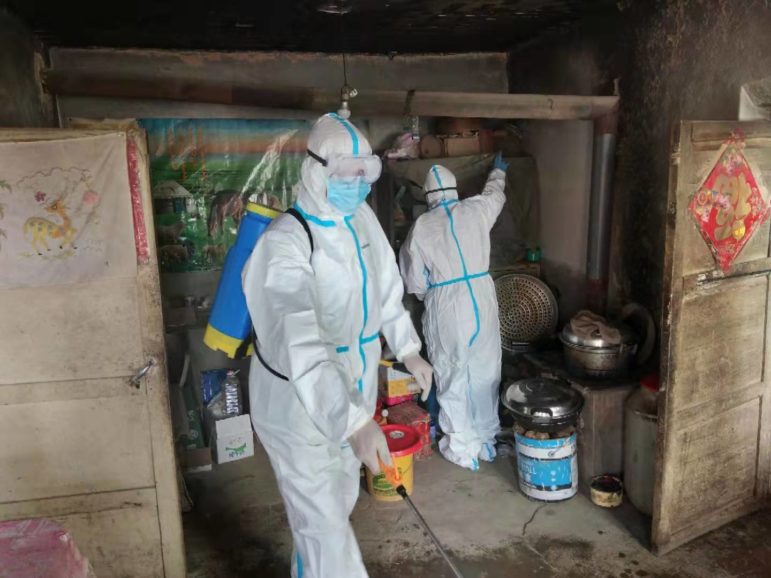
Editor’s Pick: 2019’s Best Investigative Stories from China
As part of the GIJN Editor’s Pick series for 2019, here are some of the best works of investigative journalism from China in 2019, as selected by the GIJN Chinese team.

Most Popular Reads on GIJN in 2019
It’s been another exciting year at GIJN with some great original stories — including tips, tools, techniques, and case studies galore, as well as our regular series How They Did It, My Favorite Tools, and Focus (GIJN’s member profiles) — alongside some of our favorite reads from around the web.

Data Journalism
GIJN’s Data Journalism Top 10: Air Pollution, China Cables, #29Leaks, Predators on Dating Apps
What’s the global data journalism community tweeting about this week? Our NodeXL #ddj mapping from December 2 to 8 finds The New York Times visualizing particle pollution in augmented reality; various media outlets investigating #29Leaks, a global reporting project based on a massive data leak from an offshore services provider; Columbia Journalism Investigations and ProPublica digging into the problem of sexual predators lurking in dating apps; and The International Consortium of Investigative Journalists breaking down the significance of the China Cables.

News & Analysis
Editor’s Pick: 2019’s Best Investigative Stories from the Bangla-Speaking Region
In a very difficult year for journalism, newsrooms around the Bangla-speaking region have produced significant investigations to reveal and expose modern day slavery, corruption, abuse of public funds, and more.

News & Analysis
A Global Tour of 2019’s Top Investigative Podcasts
Compiling a list of the best investigative podcasts of 2019 may well be an impossible task. In the five years since Serial became a break-out hit, an avalanche of investigative podcasts has followed — and no, not all of them about true crime — with more coming out every year. With that in mind, here are just some of the most interesting investigative podcasts that aired in 2019.

News & Analysis
Editor’s Pick: 2019’s Best Investigative Stories in Russian and Ukrainian
GIJN in Russian Editor Olga Simanovych focused her selection on stories that used innovative approaches or new tools, or shed light on topics not usually covered.

Case Studies
What PolitiFact Learned about Making Money and Earning Trust
When journalists practice transparency around their processes, their goals, and their values, news consumers tend to respond positively — and sometimes, they even spend more money on journalism. That was the case with an experiment that Trusting News ran with PolitiFact.
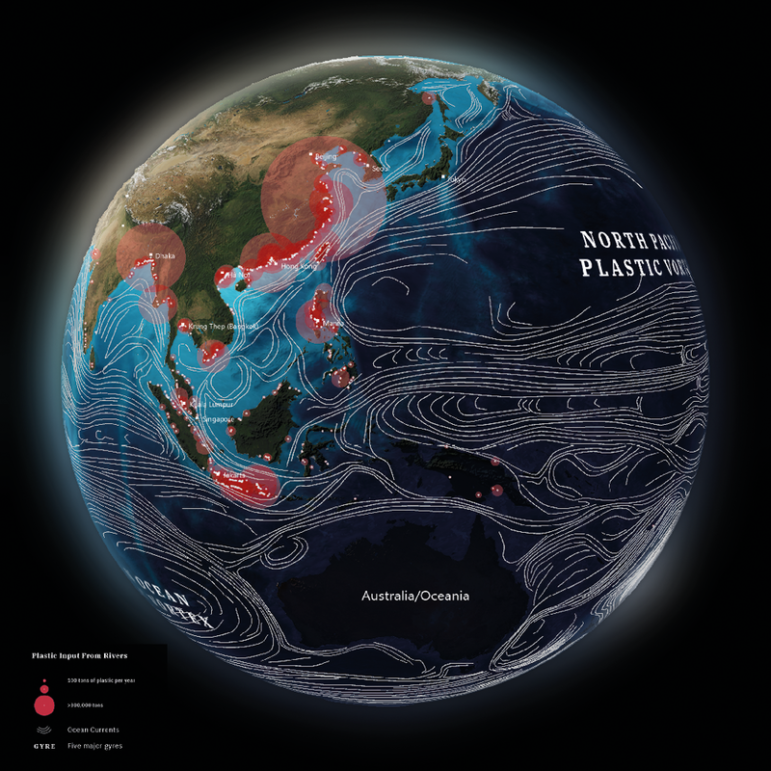
Data Journalism
GIJN’s Data Journalism Top 10: Open Source, Artificial Intelligence, Interactive Oceans, Bar Chart Races, EU Polling
What’s the global data journalism community tweeting about this week? Our NodeXL #ddj mapping from November 25 to December 1 finds The New York Times profiling Bellingcat and its use of OSINT techniques; the International Consortium of Investigative Journalists and Stanford University collaborating to employ artificial intelligence to solve a journalistic problem; and the Science Communication Lab creating a beautiful interactive scientific poster to explore the world’s oceans.

News & Analysis
Editor’s Pick of 2019: Eight Investigative Stories in Spanish
Instead of recommending “the best” stories of the year, Spanish Editor Catalina Lobo-Guerrero decided to try a different approach with her 2019 selection.

News & Analysis
Editor’s Pick: 2019’s Best Investigative Stories in French
GIJN’s French editor Marthe Rubio selected some of the best investigative stories published in French in 2019, Morocco to Switzerland and from Belgium to Tunisia.
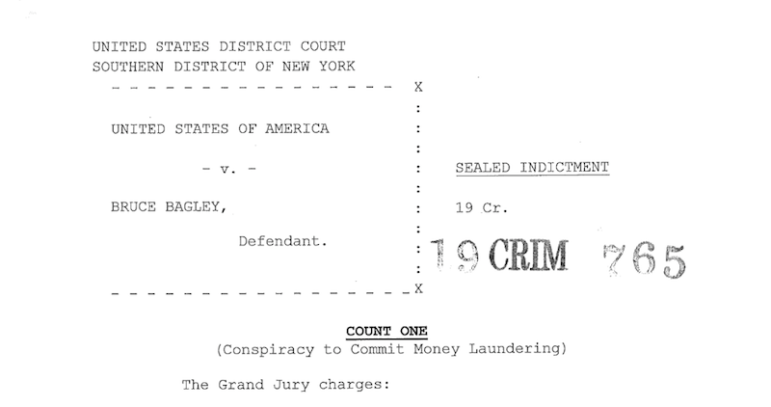
News & Analysis
Document of the Day: The Corruption Expert Accused of Laundering $2.5 Million
US professor Bruce Bagley was frequently quoted by media outlets as an expert on corruption. But according to federal prosecutors, he also put his expertise into practice. They announced that he was arrested on money laundering charges last week.

Data Journalism
GIJN’s Data Journalism Top 10: Thanksgiving Travel, Visualization Art, Bad Charts, Dataharvest
What’s the global data journalism community tweeting about this week? Our NodeXL #ddj mapping from November 18 to 24 finds Google Trends mapping the busiest places and times for Thanksgiving, Al Jazeera profiling the work of data journalist Mona Chalabi and her hand-drawn visualizations, the Tow Center for Digital Journalism examining the use of machine learning and artificial intelligence in journalism, and the Investigative Reporting Workshop collating useful public datasets in one place.

News & Analysis
ARIJ19: Amid Risks and Attacks, A Record Gathering of Arab Investigative Journalists
Hundreds of Arab and international investigative journalists met in Amman from November 22 to November 24 for the ARIJ19 conference, where they discussed “the role of media in a radicalized world” – a global challenge amidst an explosion of digital tools and widespread online attacks against journalists.

News & Analysis
Intercept Brasil’s Editor Demori on How Journalists Work Amid Attacks
Journalists in Brazil are coming under attack more than ever, both on and offline, says Leandro Demori, executive editor of investigative site The Intercept Brasil. This is happening in a context of increasing political polarization in the country.

Member Profiles
Meet the Editor Who Ensures The Bureau of Investigative Journalism Makes an Impact
It’s what readers want, it’s what funders want, it’s what editors want, it’s even what reporters want: The elusive yet ever-important impact that hopefully comes after reporting a story. Here’s a look into the new role of impact editor at the UK’s Bureau of Investigative Journalism.
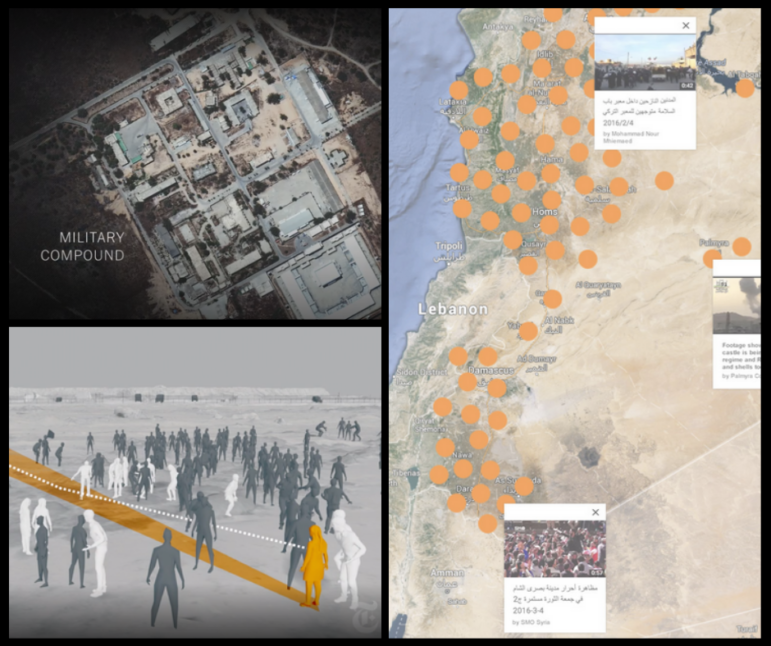
Reporting Tools & Tips
My Favorite Tools: Malachy Browne
For our series about journalists’ favorite tools, we spoke with The New York Times’ Malachy Browne, a pioneer in the field of visual investigations. He told GIJN’s Gaelle Faure about the tools that help him recreate crime scenes, including satellite imagery, EXIF data viewers, 3D modeling, and more.

News & Analysis
The Growing Global Reach of Chinese and Russian Information Controls
Within the borders of China and Russia, the use of invasive information controls and techniques is well-known and widespread. But the use of these technology systems to suppress citizens’ fundamental human rights goes beyond what is happening inside any one country’s borders. Increasingly, authoritarian actors are exporting these tools and know-how to other countries, a new report finds.

Data Journalism
GIJN’s Data Journalism Top 10: Your Health Data for Sale, Music & Politics, Predictive Journalism, AI Accountability, Data Women
What’s the global data journalism community tweeting about this week? Our NodeXL #ddj mapping from November 11 to 17 finds an investigation by The Financial Times uncovering how private health information is being traded online by health sites to big advertisers, The Economist looking at the correlation between Americans’ music preferences and political leanings, The Bureau of Investigative Journalism investigating the government’s algorithmic decision-making, and the data community coming together to highlight excellent female data journalists.
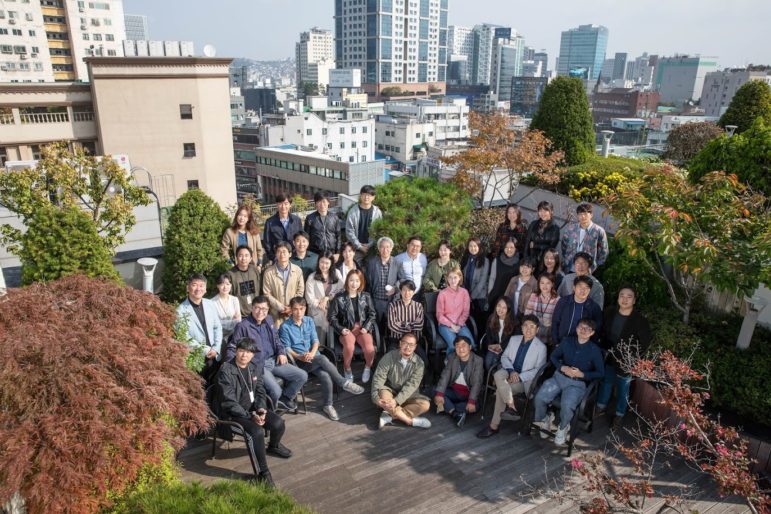
Member Profiles
South Korea’s Investigative Newsroom Newstapa Pioneers a New Model in East Asia
The South Korean nonprofit investigative newsroom Newstapa was founded in 2012 by a group of journalists who had been either dismissed or marginalized in their newsrooms for demanding editorial independence. Since then, much has changed in the country’s political and media landscapes. Searching for sustainability in the midst of these upheavals has been a wild ride, writes Lee Taehoon for GIJN.
